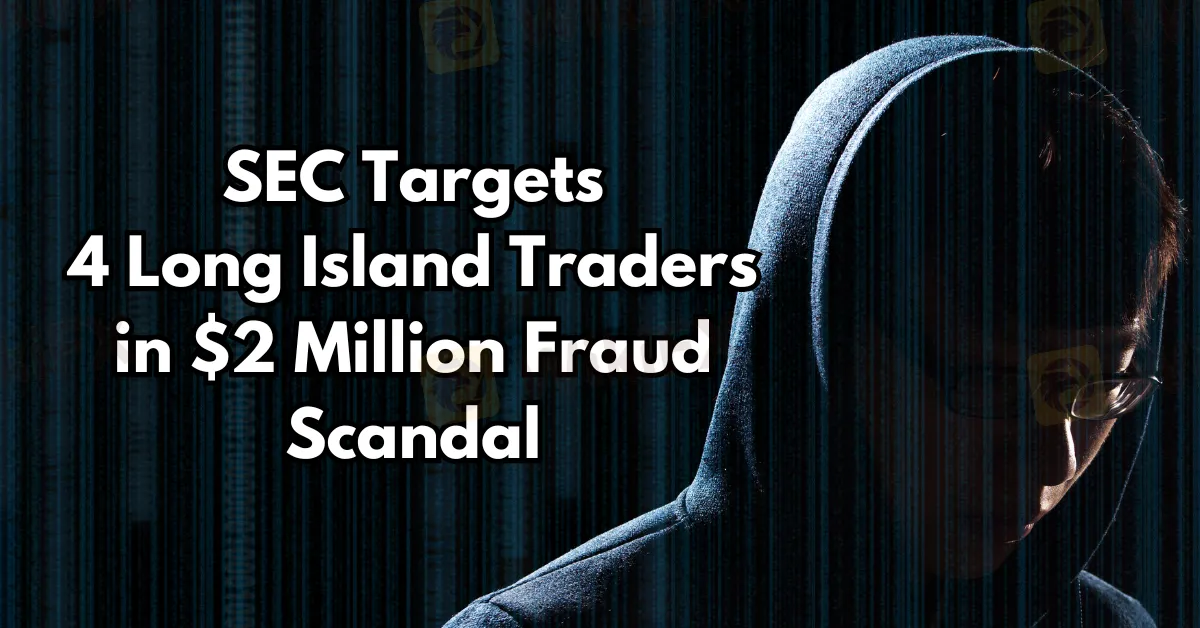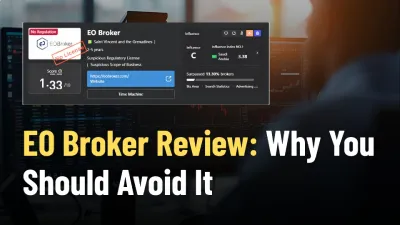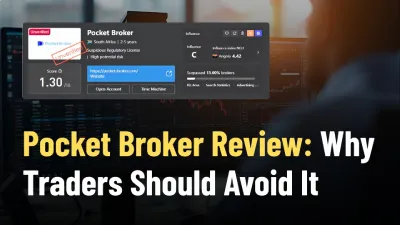Abstract:The Securities and Exchange Commission sets its sights on a group of Long Island traders, accusing them of orchestrating a multi-million-dollar fraud scheme, unravelling a web of deception in the world of securities trading.

In a recent development, the Securities and Exchange Commission (SEC) has levied allegations against Eduardo Hernandez, Christopher Flagg, Daquan Lloyd, and Corey Ortiz, individuals associated with Long Island, New York, accusing them of orchestrating a lucrative “free-riding” scheme over several years, amassing illicit gains surpassing $2 million.
The SEC contends that spanning approximately November 2018 to January 2022, the accused parties were engaged in what's known as a free-riding scheme. This dubious practice involves trading securities without possessing adequate funds to cover the transactions, a clear breach of regulatory standards.
According to the SEC's complaint, the defendants established unfunded brokerage accounts, often dubbed “loser accounts,” as part of their alleged scheme. These accounts served as vehicles for generating trading profits through matched trading with winner brokerage accounts under their purview.
Moreover, the complaint alleges that the defendants maintained these loser accounts at a brokerage firm offering instant deposit credit. Exploiting this credit, they purportedly financed trades within loser accounts through manipulated prices with winner accounts, often using thinly-traded options to execute their manoeuvres.

The crux of the alleged wrongdoing lies in the defendants' purported transfer of credit provided by the broker from loser accounts to winner accounts. This manoeuvre, as claimed, enabled them to accumulate guaranteed profits at the brokerage's expense. It's estimated that over the relevant period, the defendants utilized at least 600 brokerage accounts to repeatedly execute their purportedly fraudulent scheme.
In response to these allegations, the SEC has taken legal action. The complaint, filed in the U.S. District Court for the Eastern District of New York, brings charges against Hernandez and Flagg for violating antifraud provisions under Section 10(b) of the Securities Exchange Act of 1934 and Rules 10b-5(a) and (c) thereunder. Additionally, they are accused of further violations by allegedly acting through or with the assistance of another individual, a contravention of Exchange Act Section 20(b). Ortiz and Lloyd are implicated for aiding and abetting Hernandez's and Flagg's purported violations.
The SEC's legal pursuit aims to secure various forms of relief, including permanent injunctive relief, conduct-based injunctions, disgorgement coupled with prejudgment interest, and imposition of civil penalties.
This unfolding narrative underscores the intricate interplay between regulatory oversight and financial malfeasance, shedding light on the challenges posed by illicit schemes in the realm of securities trading. As legal proceedings unfold, the ramifications of these allegations will undoubtedly reverberate across the financial landscape.











